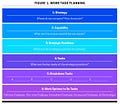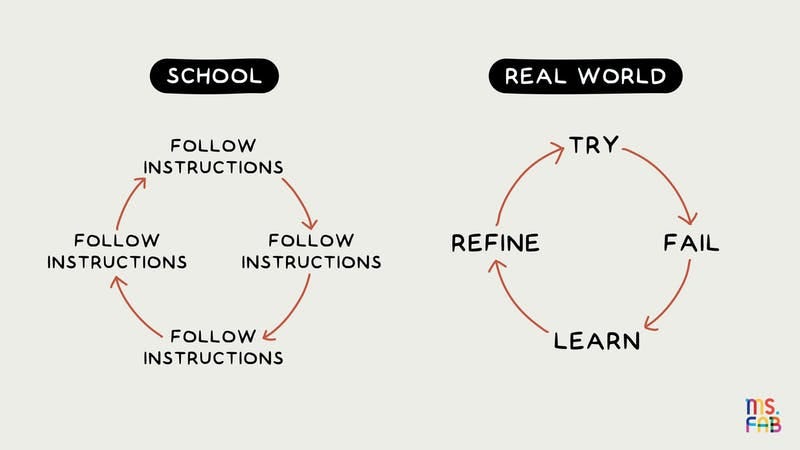HRHeadStart #9: AI vs. Humans; Soft Skills Are Hard Skills
The Talent Agenda
During a recent chat with university students in Singapore, I received questions about whether and how technology will replace jobs. In 2013, a famous study by Carl Benedikt Frey and Michael Osborne of Oxford University concluded that 47% of the jobs in the USA could be automated by technology, prompting widespread alarm. As research into this area has evolved, there is growing recognition that technology does not always automate entire jobs, but specific tasks within a job. This nuanced analysis brings down that number substantially to about 14%. HR, as job design (and redesign) experts, has a role to play here - understanding which job tasks could be automated fully because they are routine and repeatable and tasks where human performance could be augmented by cognitive automation.
Another question raised was how would this change an organization's labour demand. This is where the concept of "work-task planning" comes in. By building on the Strategic Talent Management framework I described earlier, we can think about how technology and alternate labour (e.g. gig workers, outsourcing etc.) will change the work mix of the most critical talent segments in the organization. This can help us to address talent shortages and free up bandwidth in the most critical roles to focus on value-added and impactful work. So, while talent shortages affect the supply curve of labour, we can shift the demand curve by redesigning jobs.
Working Better
So, as technology automates several routine aspects of our jobs, where will humans have an edge? Technical skills in the HR domain are important - they are tablestakes to get you in the game. But, the delta in performance is created when they are applied effectively with so-called "soft skills" like creativity, communications, influencing, team-working etc. On their own, both are important, but not a sufficient condition for success. Interestingly, according to a World Economic Forum report, most of the top skills through 2025 are soft skills. Soft skills are actually hard skills.
A Productive Workout
Computer scientist, Kai-Fu Lee, says in this short video:
"Artificial Intelligence is really more of an optimizer. It is not intelligent in the same sense that we think of humans as intelligent. Human intelligence also includes inferencing, planning, cross-domain knowledge, common sense, the ability to argue, the ability to understand humour and also self-awareness and compassion."
As you reflect on this, think about:
What "soft skills" set you apart from your peers?
What "soft skills" you need to develop and what 1-2 actions you can take today to make a start on them?




